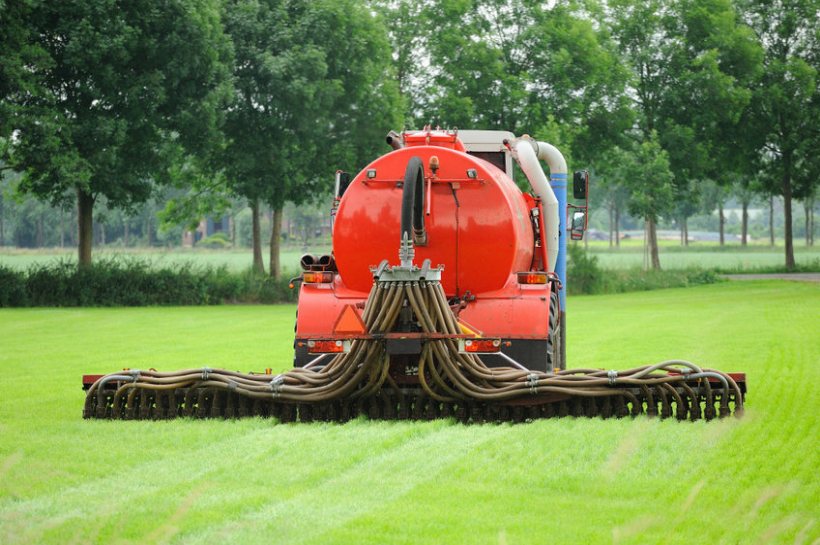
Farmers have just days to respond to a Welsh Senedd consultation looking at the potential impact of controversial water quality regulations.
The Welsh government's rules came into force in April and designated the whole of Wales as a nitrate vulnerable zone (NVZ).
NVZs are areas that contain surface water or groundwater susceptible to nitrate pollution from agricultural activities.
It means farmers now face tougher rules on the storage and spread of slurry. Previously, only 2.4% of the land area of Wales was designated as NVZs.
Farming unions in the country have frequently slammed the 'heavy and disproportionate' rules, which in turn would 'punish' the whole industry.
They have also highlighted the steep costs involved in upgrading on-farm infrastructure to meet the regulations.
But agricultural pollution incidents in Wales remain 'very high', according to the Welsh government, averaging over three per week in the last three years.
The Labour-led government said some of these had led to the contamination of drinking water sources and the destruction of plant and aquatic life in parts of waterways.
In June the Senedd voted to call upon the Economy, Trade and Rural Affairs Committee to urgently review the regulations following criticism from farming groups.
The committee is still gathering views on the regulations and the deadline for submissions has been set for Friday 10 September 2021.
Farmers' views are needed on the positive or negative aspects of the current all-Wales approach, as well as the process for developing the current approach.
The Committee is also seeking views on the alternatives to the current approach, and how it could be improved.
Responding to the review, the Farmers' Union of Wales (FUW) warned that the rules may cost farmers and rural communities 'millions'.
FUW vice president Dai Miles said: “We sincerely hope that the review will take into full consideration the financial implications these regulations have on small and medium sized farm businesses.
“As farmers we care deeply about the environment and with this acceptance of a need for a review we have the opportunity to once again become partners with Welsh government in the efforts to tackle pollution and to protect our environment.”
NFU Cymru has also been vocal in its opposition to the new restrictions. The union's president John Davies said he was particularly concerned about the impact on family farms.
He said an all-Wales NVZ was 'indiscriminate and punitive', which would 'cause problems' for producers in terms of meeting storage of manure regulations and application rate limits.
He added it would leave "many businesses to question whether they can afford the required additional investment in infrastructure to meet compliance and the difficulties they may face in manure spreading or export to other farms."
Mr Davies said: “It will affect every sector, every area of Wales, and every farmer will be subject to draconian record keeping and complex restrictions on the day-to-day running of their business for environmental benefits that appear to be quite small.
“We have put forward to Welsh government farmer-led voluntary initiatives, which have worked in the past, supplemented by targeted and proportionate regulation."
